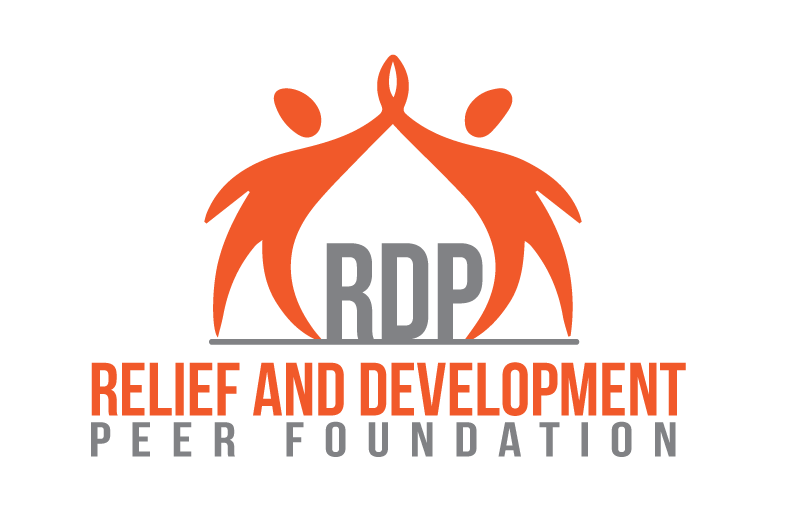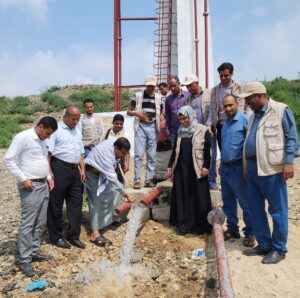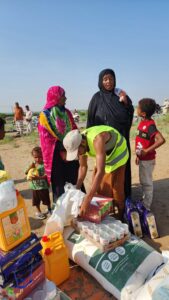How RDP Protects Women’s Dignity From Open Defecation
Due to its hazardous health and social impacts, open defecation is rejected everywhere, yet most people in remote areas of Yemen still defecate outdoors. Unimproved sanitation facilities are a key factor behind defecating in the open, Al-Qafr and Khayran Al-Muharraq districts of Ibb & Hajjah governorates are a case in point.
“As men, we answer call of nature/defecate behind trees, houses, or any other place where nobody can see us. Women around here do the same but have a different timing, particularly when it gets dark. There are a few houses which have simple latrines – three walls without ceiling and less than 1 meter in height – made of mud, but these latrines don’t have waste disposal system, causing environmental pollution and a huge prevalence of diseases,” Saeed, one of the beneficiaries, stated.

An estimated number of 325 HHs in Masrooh sub-district and 273 HHs in Bani Saif Al-Safel & Bani Mubariz sub-districts don’t have latrines at all while more than 900 HHs – in these sub-districts don’t have proper sanitation systems, resulting a huge prevalence of contagious diseases and outbreaks such as Malaria, Cholera, Typhoid, and Schistosomiasis/bilharzia among children.
By targeting the displaced, poorest, and physically challenged families, RDP, in partnership with YHF, ensured easy access to a proper use of latrines by constructing 172 households latrines – 132 in Masrooh sub-district and 40 in Bani Saif Al-Safel & Bani Mubariz sub-districts – to benefit a total of 1,461 individuals within the WASH response project for IDPs and most affected population in Khayran Al Muharraq district of Hajjah governorate and Al Qafr district of Ibb governorate.

With the generous contribution and continuous support of Yemen Humanitarian Fund (YHF), the project made a big difference beyond any reasonable doubt for those benefitted families and protected their dignity, but still a huge gap in these sub-districts as the project served the needs of 20% of the overall targeted population in Khayran Al Muharraq district of Hajjah governorate and Al Qafr district of Ibb governorate.


